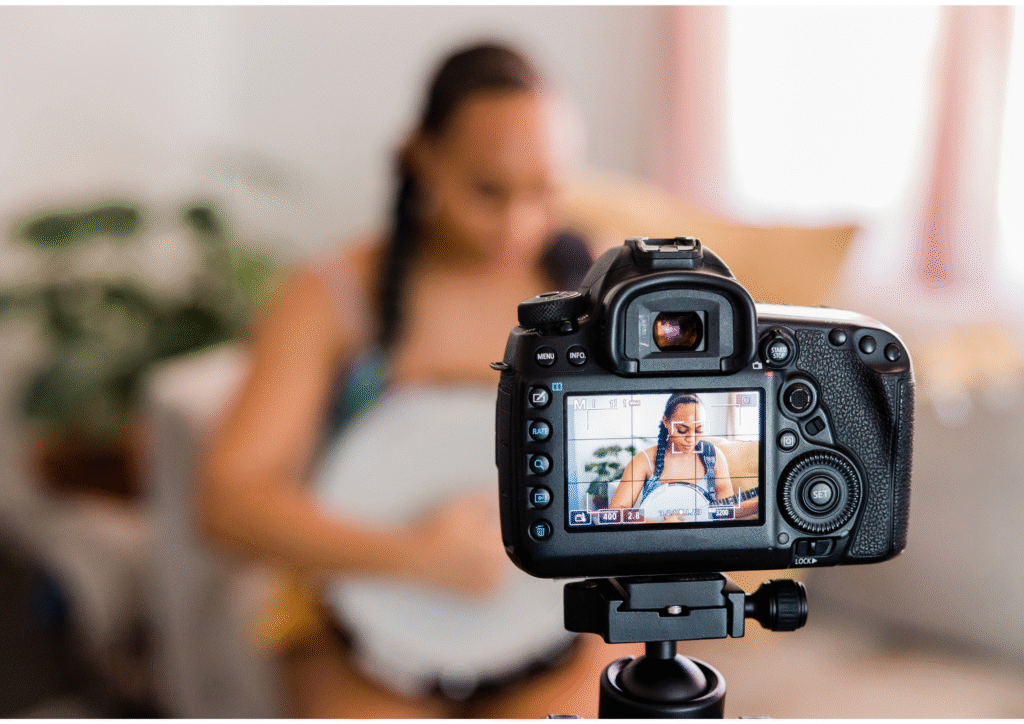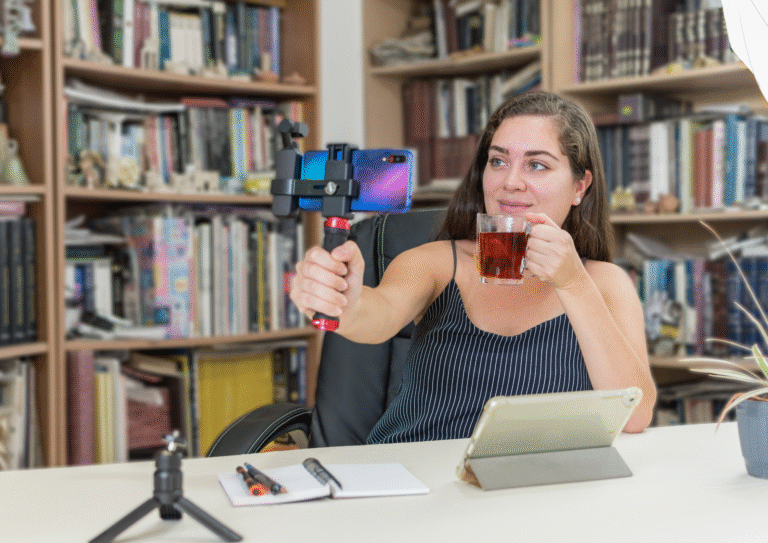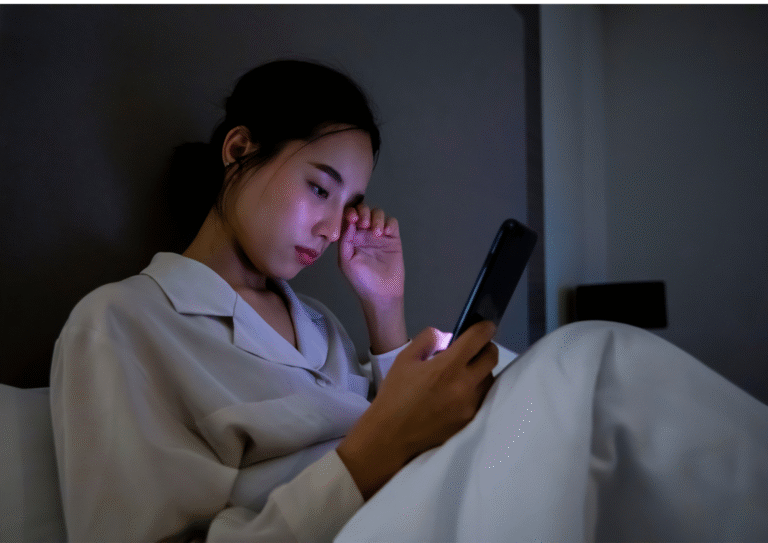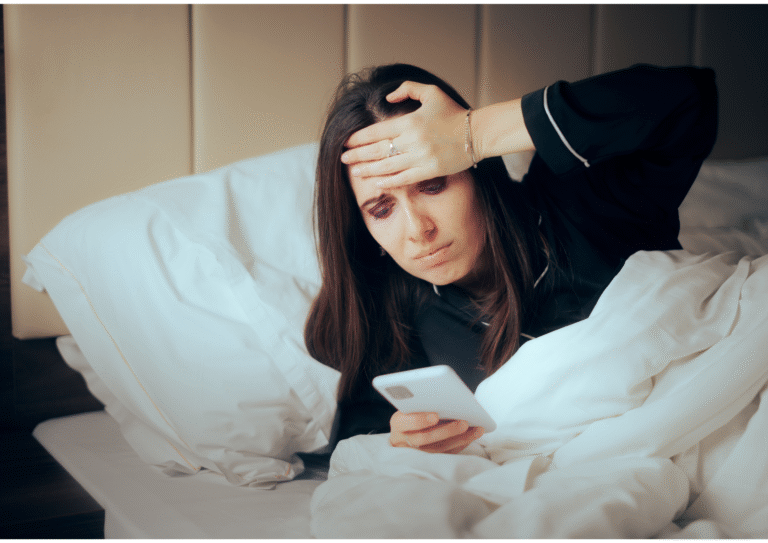
Ever find yourself scrolling through social media, watching intense arguments, shocking revelations, or messy conflicts unfold in video after video? You start curious, maybe even a little entertained. . . but then, after a while, you feel it. That heavy, tired feeling. Like your energy has been sucked right out of you, even though you haven’t moved. Do you wish you knew why these drama videos leave you feeling so drained, and how to protect your peace of mind? This feeling of being emotionally exhausted is a common problem many face in today’s digital world. If you want to understand this strange tiredness and learn how to keep your emotional battery charged, keep reading. You’re about to discover the hidden reasons behind your digital fatigue.
Watching drama videos is far more than just a way to pass the time. It’s a powerful experience that can secretly take a toll on your emotions and mental energy, often without you even noticing. This matters much more than people realize because our constant exposure to online conflict can quietly wear us down, affecting our mood, our stress levels, and even our ability to handle real-life challenges. These quick bursts of digital conflict are secretly shaping our inner calm, making us feel wired one moment and completely wiped out the next.
Some might argue, “It’s just entertainment! Everyone loves a good story, and this is just the modern version of gossip or reality TV. If you feel drained, maybe you’re just too sensitive or spending too much time online.” They might say that watching other people’s problems makes their own life feel better, or that it’s a way to feel connected to what’s happening. On the one hand, it’s true that humans are naturally drawn to stories and social connections, even dramatic ones. However, this way of thinking misses a huge point. The way drama videos are presented online. . . often short, intense, and endless. . . makes them different from traditional entertainment. They’re designed to grab your attention and keep you hooked, often by triggering strong emotional responses. It’s almost like our brains are being tricked into thinking these online fights are our own, leading to a kind of emotional jet lag.
The science behind why drama videos are so draining is fascinating. When you watch someone else’s intense emotional experience, your brain actually tries to understand and even feel what they’re feeling. This is called emotional contagion or empathy. Your brain’s mirror neurons, which fire when you do an action or see someone else do it, also play a role in feeling what others feel. So, when you see someone crying or yelling on screen, your brain activates as if you were experiencing those emotions yourself. As a result, even though you’re just sitting there, your body and mind are working hard, processing all that emotional information. This constant emotional workout, without any real-life action or resolution, can be incredibly tiring.
Furthermore, many drama videos are designed to create a sense of suspense or outrage. This triggers your body’s “fight or flight” response, releasing stress hormones like cortisol. Even if the danger isn’t real, your body reacts as if it is. This constant state of low-level stress, without a physical outlet, can lead to chronic fatigue. A study by the University of Pennsylvania (Jamieson et al., 2012) on stress and media found that exposure to negative news can increase feelings of anxiety and stress. While not directly about drama videos, it highlights how consuming negative content impacts our well-being.
**
“Our findings suggest that even brief exposure to negative media content can activate physiological stress responses, underscoring the need for mindful media consumption.” **
This shows that even a short dose of upsetting content can make your body feel stressed.
On the other hand, some might argue that watching drama videos can be a way to release pent-up emotions or feel less alone in your own struggles. Perhaps seeing others’ problems makes your own seem smaller. However, if this consumption consistently leaves you feeling empty or exhausted, it’s a sign that the benefits are outweighed by the emotional cost. This explainer on drama videos shows why recognizing their emotional toll is vital for digital well-being.
So, what can you do to stop feeling so drained? First, practice mindful viewing. Before you click on that next dramatic clip, ask yourself: “Do I really want to watch this? How will this make me feel?” Second, set time limits. Decide how much time you’ll spend on social media or watching these videos, and stick to it. Give your brain a chance to rest and reset. Third, balance your content. Actively seek out videos that make you feel good. . . funny clips, inspiring stories, or calming nature scenes. As a result, you’ll create a healthier digital diet.
Moreover, engage in real-life activities that genuinely recharge you. Go for a walk, read a book, talk to a friend, or do a hobby you love. These activities provide real emotional nourishment that online drama cannot. Remember, your emotional energy is a limited resource, just like your phone’s battery. You wouldn’t let your phone die without charging it, would you? The same goes for your mind. Experts like Dr. Nicole LePera, known as “The Holistic Psychologist,” often discuss the importance of setting boundaries with digital content to protect mental health.
In conclusion, feeling emotionally drained after watching drama videos is a real and understandable response. It’s not just about being “sensitive”. . . it’s about your brain’s natural reactions to intense emotional content and the way these videos are designed. By understanding this process and making conscious choices about what you watch, you can protect your emotional energy and reclaim your peace of mind. Take a moment to reflect. . . what’s one small step you can take today to reduce your intake of online drama? Maybe it’s unfollowing a few accounts. . . or simply closing the app when you feel that first hint of emotional fatigue. The power to recharge your emotional battery is in your hands.
References:
Jamieson, P. E., Romer, D., & Jamieson, K. H. (2012). The Effects of Media on Stress and Health. Journal of Health Communication, 17(sup1), 1-13.
LePera, N. (2021). How to Do the Work: Recognize Your Patterns, Heal Your Past, and Create Your Self. HarperWave.




